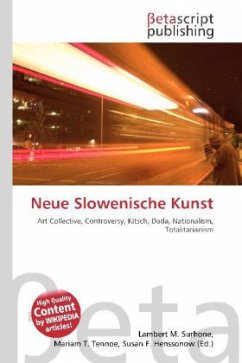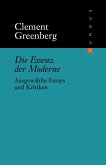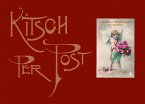Please note that the content of this book primarily consists of articles available from Wikipedia or other free sources online. Neue Slowenische Kunst (a German phrase meaning "New Slovenian Art"), aka NSK, is a controversial political art collective that announced itself in Slovenia in 1984, when Slovenia was part of Yugoslavia. NSK''s name, being German, is compatible with a theme in NSK works: the complicated relationship Slovenes have had with Germans. The name of NSK''s music wing, Laibach, is also the German name of the Slovene capital Ljubljana, creating controversy through evoking memories of the Nazi occupation of Slovenia during the Second World War. NSK art often draws on symbols drawn from totalitarian or extreme nationalist movements, often reappropriating totalitarian kitsch in a visual style reminiscent of Dada. NSK artists often juxtapose symbols from different (and often incompatible) political ideologies. For example, a 1987 NSK-designed poster caused a scandal by winning a competition for the Yugoslavian Youth Day Celebration. The poster appropriated a painting by Nazi artist Richard Klein, replacing the flag of Nazi Germany with the Yugoslav flag and the German eagle with a dove.
Bitte wählen Sie Ihr Anliegen aus.
Rechnungen
Retourenschein anfordern
Bestellstatus
Storno








